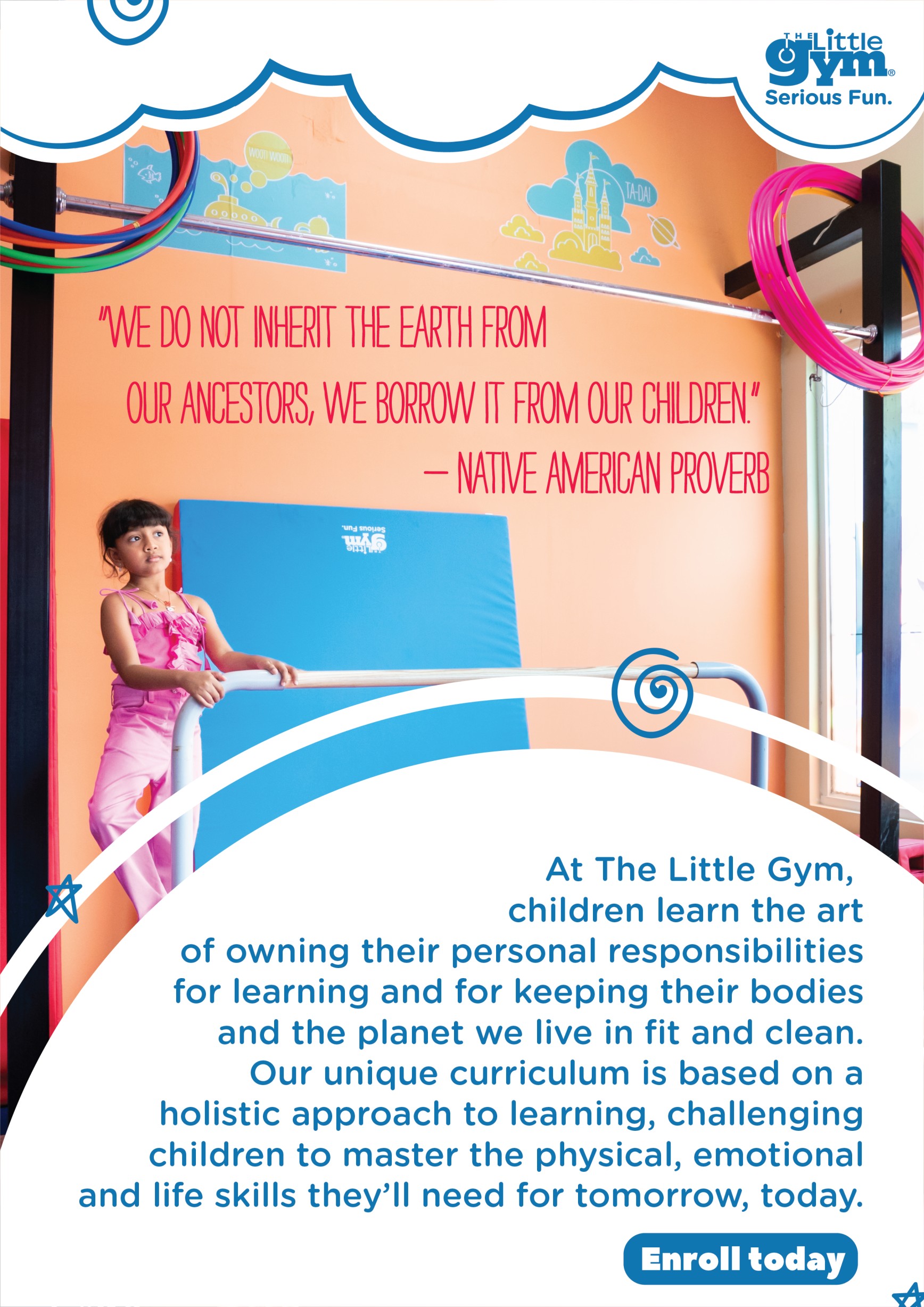When children learn to appreciate the world from a young age, they are more likely to help protect our planet for future generations. Fueling this passion early on makes a big difference in forming and influencing children’s future-environmentally friendly habits.
In a society built around mass consumerism, it can be challenging to teach kids the importance of making eco-friendly choices in their daily lives. Kids, especially young ones, need to understand why it is necessary to protect our planet and why some of the choices we make can be harmful.
Talk about where your food comes from. Often, kids just take food for granted (as do so many adults). So don’t just feed your kids – talk to them about where their food comes from. Explain why it is important to purchase natural food instead of processed food and try to engage them in conversation about good food practices.
And where your trash goes. Similarly, talk to your kids about where your trash goes. Kids learn very early that they should throw their trash in the garbage can, and the trash collector picks it up. However, that’s commonly where the lesson ends. Instead, teach kids about landfills and why we need to make efforts to create less trash. Introduce your kids to eco-friendly choices about what goes in the garbage.
Reduce, reuse, recycle. Following the lesson about trash, teach kids “the three R’s” to reduce their waste, reuse materials, and recycle what’s left over. Help kids understand that reducing what they consume and reusing products rather than buying new ones can be even better than recycling.
Grow a garden. For an unforgettable hands-on learning opportunity, grow a garden.Kids will see firsthand the magnificence of nature — and learn that food doesn’t originate in a grocery store!
Conserve water. Explain to kids why it is important to conserve water and show them how much water we use on a daily basis without even realising it. Use shower timers and make rules such as turning off the water when you brush your teeth.
Kids learn by watching, listening, and doing. If you make it clear to them through your words and daily actions that being environmentally conscious is just a part of normal life — and can even be fun! — they’ll be more likely to adopt eco-friendly habits of their own and continue them for the rest of their lives.

